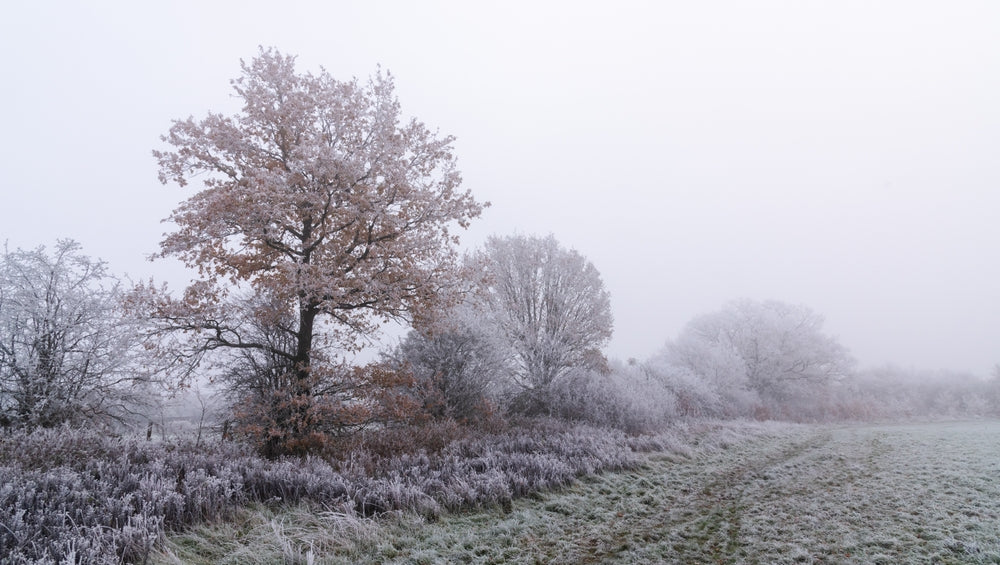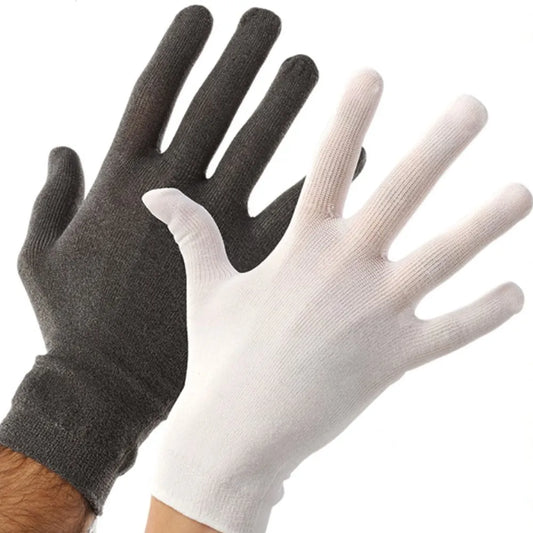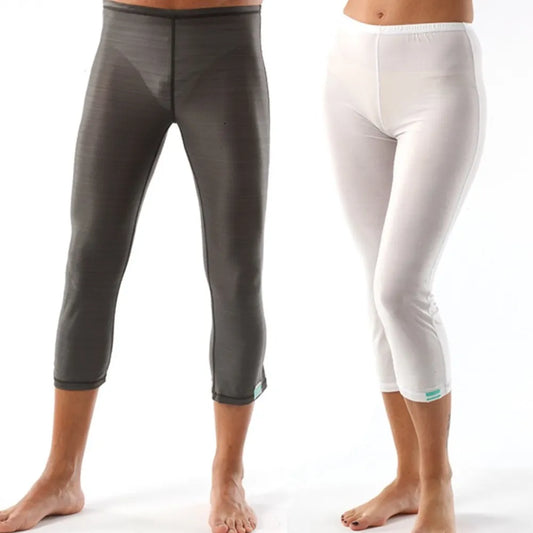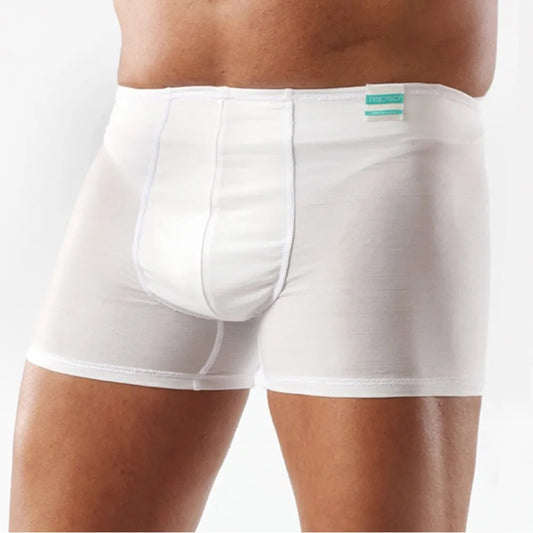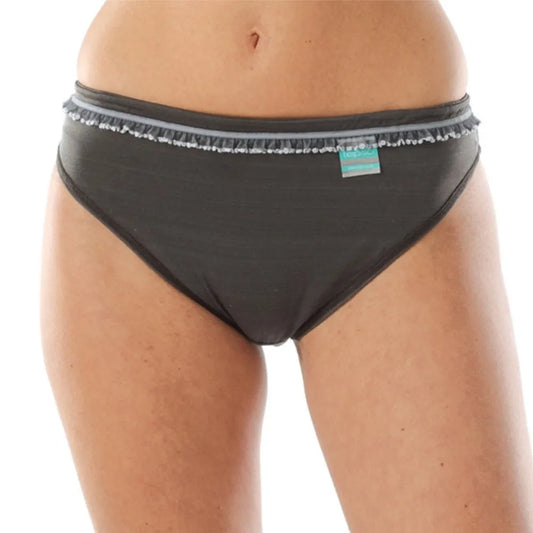Spring is finally on its way, with lighter nights and warmer days. It’s definitely a feel-good time of year. Not only does the Springtime make us feel better in general, but it can also be a good time for eczema sufferers. Temperature plays such an important role in managing eczema and in Spring, temperatures are not too hot, not too cold.
If you are one of the lucky ones whose eczema settles during Spring, it may be possible for you to review the emollient you use and switch to a lighter version which is a little less onerous to apply and more comfortable to wear. It’s only a small change, but well worth taking the opportunity while you can. Talk to your GP/dermatologist or try a different version of your favourite brand, if there's one available.
Why does Eczema Flare in the Spring
If your eczema does worsen this Spring, it could be down to a number of factors. Here we explore some of the more common causes of Springtime eczema.
Pollen and Spores
The springtime increase increase in pollen and spores doesn't just cause hayfever, it can also cause eczema flares up. Pollen levels start rising earlier than most people realise. Our family's allergies start to worsen the moment the snowdrops flower in early February.
The solution? If your place of work has air conditioning or warm air heating, you may find that your symptoms are better at work. This will be down to the air filters attached to these systems. Air filters in cars can have a similar effect on longer journeys. You can mimic this effect at home with an ioniser or air purifier to remove allergens such as pollen and spores from the air. These are particularly in bedrooms but also other rooms where you spend a lot of time – kitchen, living room or home office for example. If using an ioniser wipe down surfaces with a damp cloth twice a day. This will pick up the dust and pollen that has settled. Before bed is a key time.
It may also be worth talking to your GP about whether antihistamines would help with managing your eczema flares.
If pollen is one of your eczema triggers, don't be tempted to dry your washing outside. The pollen will cling to the surface of your clothes as they dry.
Variable outside temperatures
Warmer days are still interspersed with frosty mornings at this time of year which makes it trickier to get the number of layers right. Heat and cold both play havoc with eczema skin.
The solution? Think about the number of layers, especially outside – that winter coat may well be too warm now especially if you are a brisk walker outside – a cotton jumper and windproof shell layer may be better. Swap your snuggly winter fleeces for lighter layers so that you can adjust your clothing to match the temperature. Sorting out your wardrobe to make sure the lighter layers are easy to find and you're not tempted to just grab that winter favourite off the top of the pile will be time well spent.
Indoor humidity
Having the heating on all winter can result in your house getting progressively drier which, in turn, dries out the skin and triggering springtime eczema flares.
The solution? If you can comfortably reduce the temperature in your home, turn down the thermostat by a degree or two or adjust the timer so the heating isn't on for so long. Open the windows (assuming that pollen isn't one of your eczema triggers) on warmer days so that you can combat the drying effects of central heating. Drying laundry inside can have a similar humidifying effect but take care not to over do it, too much humidity can lead to mould - another potential eczema trigger. If you have condensation on your windows you may have gone too far. Investing in a basic humidity meter may be useful - you are aiming for 30-50%.
More tips for managing an eczema flare
Flare-ups are often not down to one single trigger but caused by an accumulation of issues. It's always worth going back to basics during a flare-up: up your emollient regime; minimise toiletries; crank back the temperature and duration of showers/bathes; wash hair over the sink; clean up your diet; check the formulation of your laundry detergent hasn't been changed...


